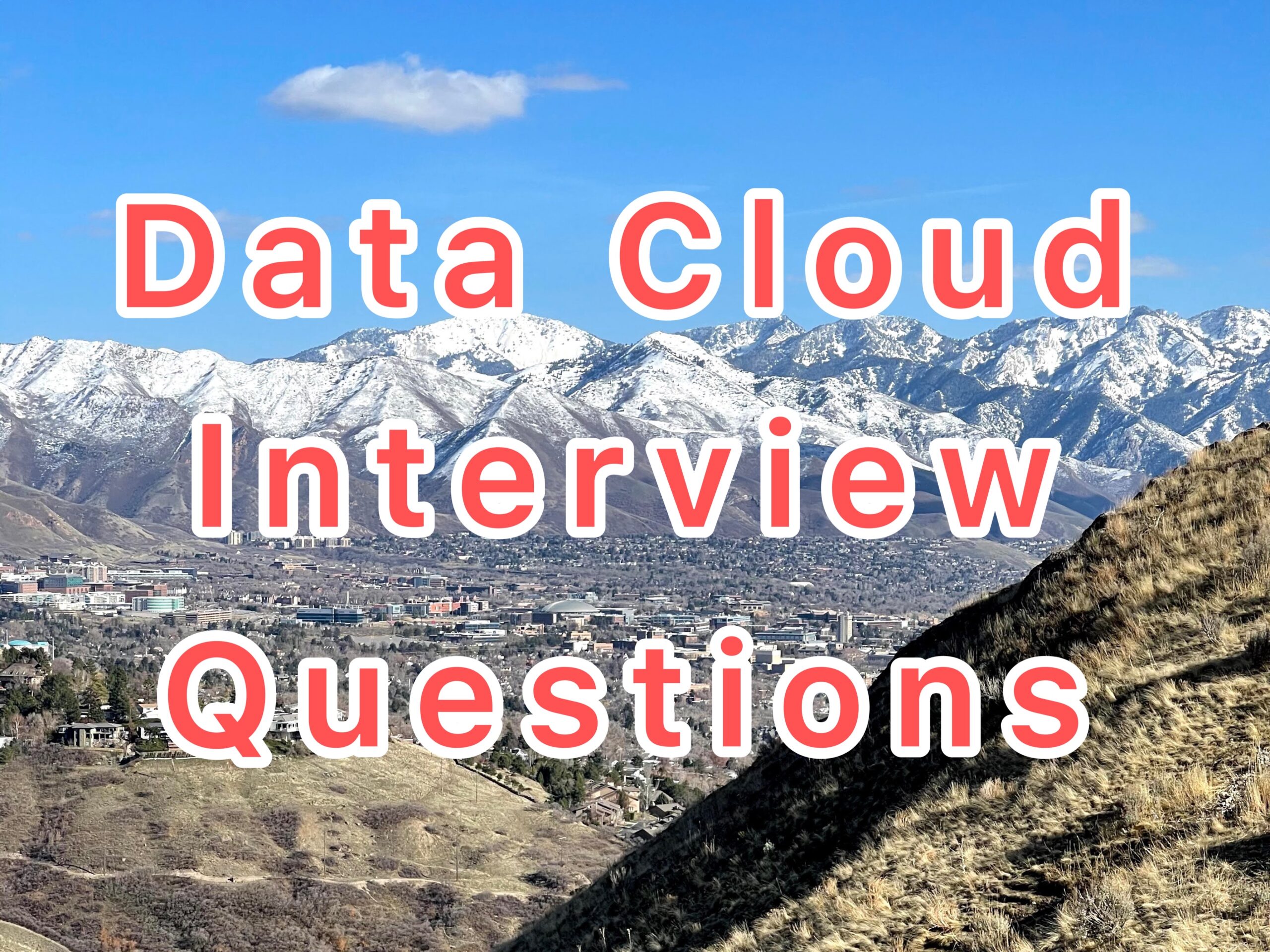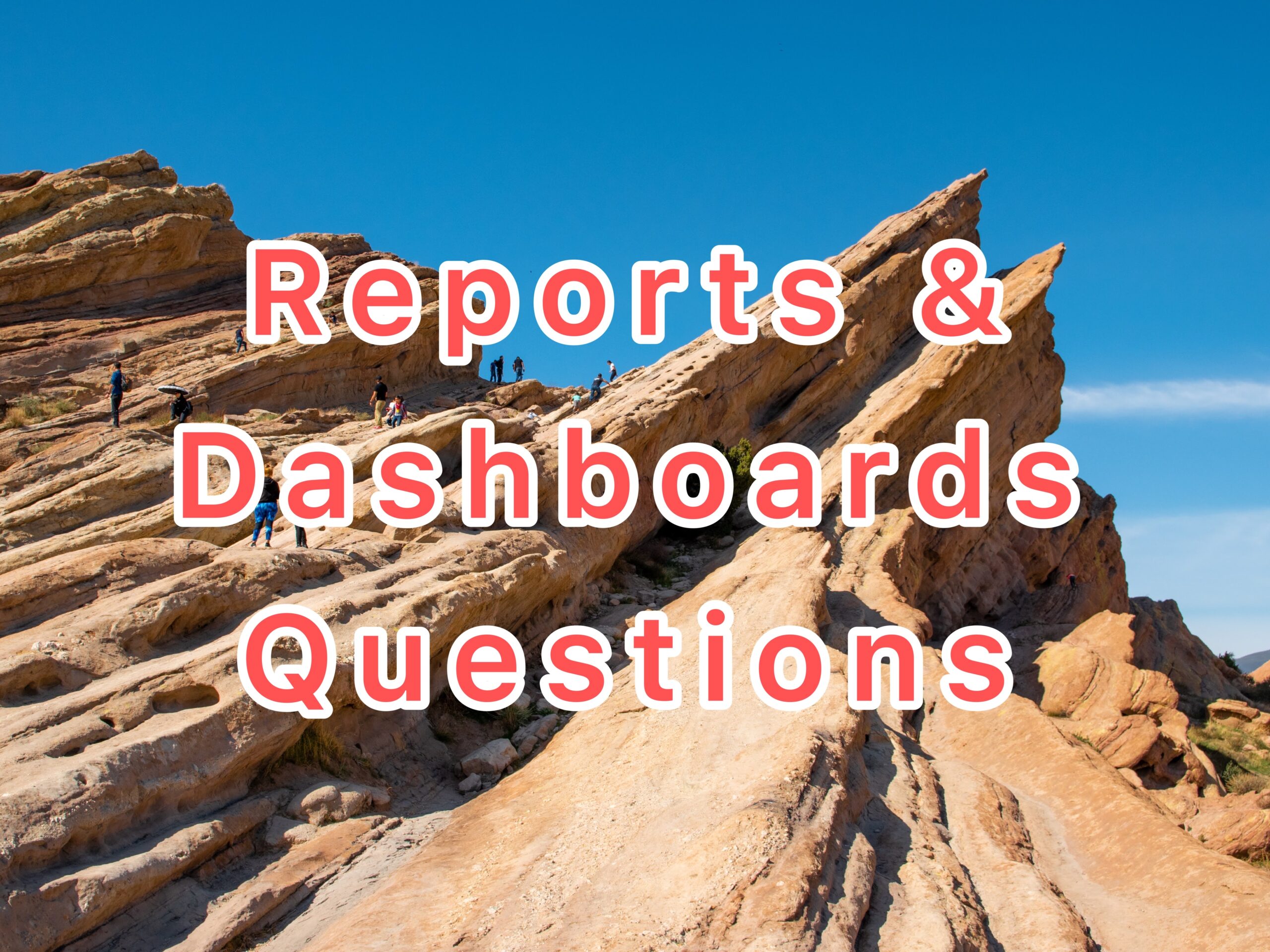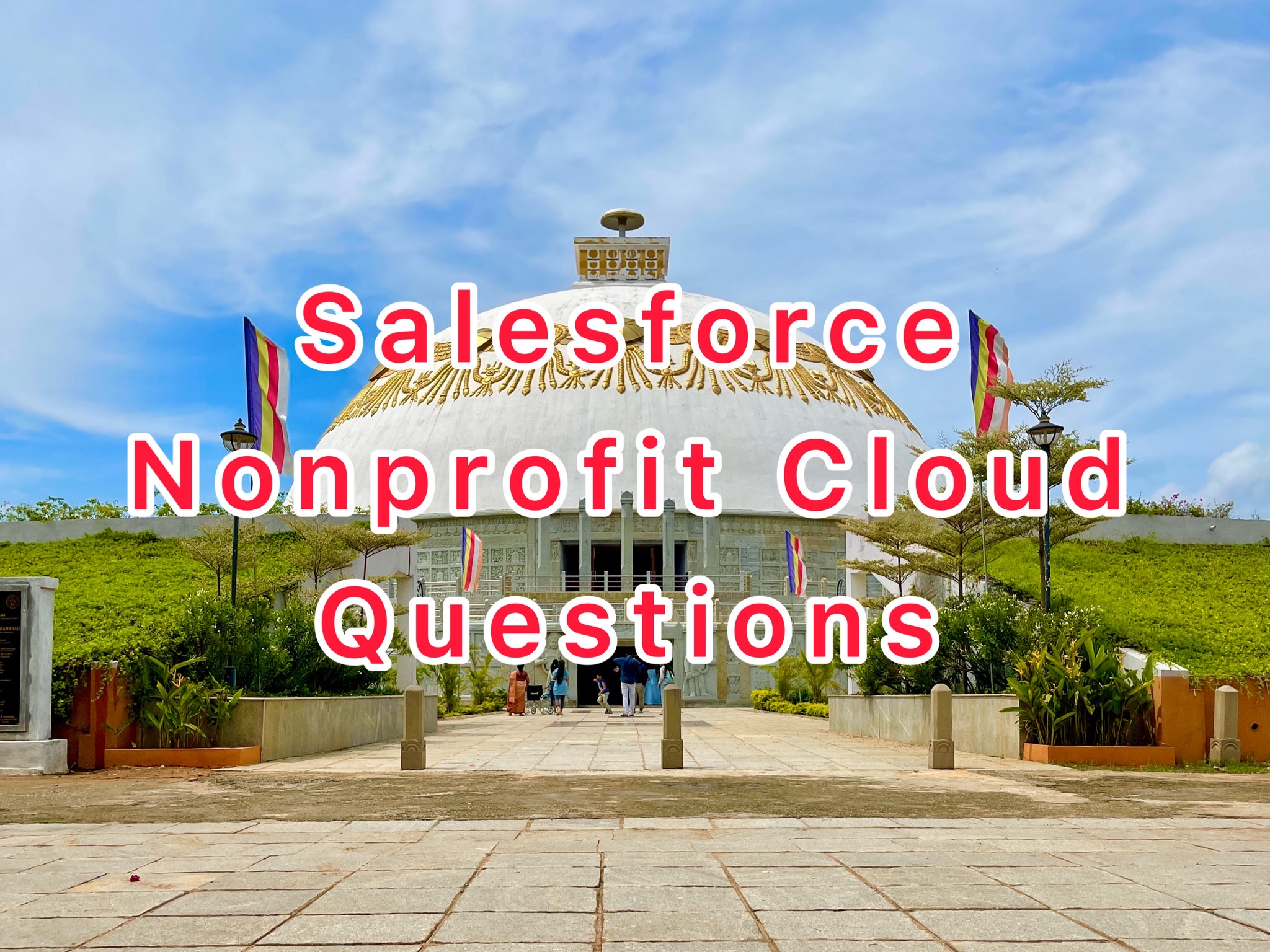Salesforce Vlocity Interview Questions and Answers
Q 11. What is the Vlocity Party Model?
Vlocity Party Model is a set of custom objects and fields in the Vlocity Data Model that defines relationship between people and groups. A party is either a person, a household, a company or organization. In Vlocity each Account and Contact is tracked as a Party. Party records are auto generated in the background.
Q12. What is the Vlocity Industry Process Library?
Vlocity Industry Process Library is a library of pre-built Industry specific components available for download. These contain some common Industry processes. If a customer has a use case for which there is already an existing process library it significantly reduces the development effort for that component. The existing process libraries can be used with minor modifications.
Q13. What is OmniStudio Tracking Service?
The OmniStudio Tracking Service is an event-tracking service that captures details of actions that users perform. You can use the service to track any type of event. For example, you can track the time it takes to complete the steps in an OmniScript to identify process improvements.
The Tracking Service writes data to the Tracking Entry object: VlocityTrackingEntry__c.
Q14. What is an OmniStudio Data Pack?
A DataPack is a collection of components and related functionality that are packaged for migration from one org to another. DataPacks can be used for deployment; that is, to migrate functionality from a sandbox environment to a production environment.
Q15. How can you migrate OmniStudio Data Pack from one sandbox to another sandbox or production org?
IDX Workbench is a desktop application that enables you to migrate OmniStudio DataPacks and Salesforce metadata. It can be used to migrate Data Packs and Salesforce Metadata from one sandbox to Git repository, another sandbox or production org.
Q16. What is OmniOut?
OmniOut can be used to run OmniScripts and FlexCards off-platform on third-party websites with OmniOut for OmniScripts and OmniOut for FlexCards. You can run an OmniScript or FlexCard on your external site by adding the component to the OmniOut project, integrating OmniOut into your application, and deploying your application to your CMS.
Q17. What is Expression Engine?
Expression Engine is an APEX-based formula builder used across multiple areas in OmniStudio, including OmniScripts, DataRaptors, and Integration Procedures. The OmniScript formula builder and attribute rules use a client-side JavaScript expression engine that is evaluated in the browser and allows for fast, real-time applications.
Q18. List OmniScript Best Practices.
- Reduce the number of fields the user must input information into by prefilling the fields using contextual data
- Create re-usable OmniScripts
- Reduce Conditional Views, Merge Fields, Formulas where possible.
- Run logic on the server where possible, including conditional logic in Integration Procedures and formulas in DataRaptors.
- Avoid assigning a ContextId within the OmniScript. OmniScript’s ContextId is a reserved key that assigns a Record Id from the URL.
Q19. List Data Raptor Best Practices.
- Create targeted DataRaptors that only extract or load the data needed for one operation
- Use relationship notation (queries) whenever possible to pull data from other Objects
- Try to keep the number of Objects to three or fewer
- Ensure that all filtering and sorting operations are on indexed fields. The Id and Name fields are always indexed
- Use caching to store frequently accessed, infrequently updated data
Q20. List Integration Procedure Best Practices.
- Use Integration Procedures for all data calls to Salesforce
- Trim the Response data to only get what is needed
- Use multiple Response Actions with different Execution Conditional Formulas to allow an Integration Procedure to exit early under appropriate conditions
- Use caching to store frequently accessed, infrequently updated data
- If possible run Integration Procedures asynchronously







